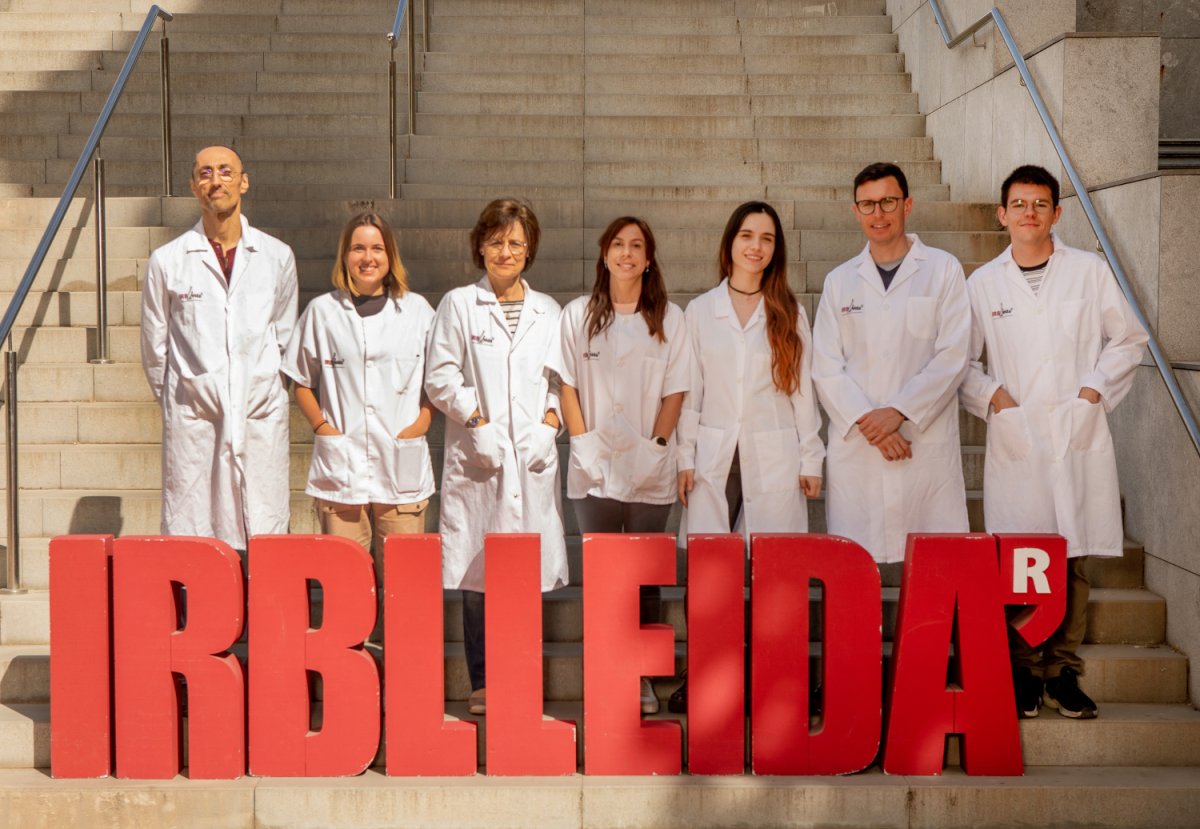Calcium cellular signalling

During tumor progression, cancer cells adapt to changes in the microenvironment (lack of nutrients and /or oxygen) through the activation of stress pathways and autophagy. These processes are relevant in the resistance of the tumor to treatment and therefore important in the fight against cancer. Our group studies the relationship between calcium signaling and these adaptive processes, with the aim of proposing antitumoral strategies. The reason for this relationship stems from our findings that showed that T-channel deficiency activates processes of death or proliferative arrest in tumor cells. Currently our working model is Glioblastoma, an aggressive brain tumor that is characterized by its rapid growth, high invasiveness, plasticity and resistance to treatment. Recent studies on this complex tumor show its functional integration with the surrounding nervous tissue (including neurons and glia) and the hijack of brain mechanisms in benefit of the tumor. Ion channels directly participate in this intercommunication between the different cellular elements constituting the tumor and its environment. We use primary glioblastoma cultures derived from human biopsies, established cell lines, biochemical and cell biology techniques, gene silencing, and preclinical models of glioblastoma. The group is formed by two senior researchers, a postdoctoral researcher, two predoctoral researchers and technical staff.
Featured publications
Bayona C; Alza L; Randelovic T; Sallán MC; Visa A; Cantí C; Ochoa I; Oliván S; Herreros J
Tetralol derivative NNC-55-0396 targets hypoxic cells in the glioblastoma microenvironment: an organ-on-chip approach.
CELL DEATH & DISEASE 15 127-127. .
Visa, A; Sallan, MC; Maiques, O; Alza, L; Talavera, E; Lopez-Ortega, R; Santacana, M; Herrero, J; Canti, C
T-Type Ca(v)3.1 Channels Mediate Progression and Chemotherapeutic Resistance in Glioblastoma
CANCER RESEARCH 79 1857-1868. .
Responsable/s de grup

Carles Cantí Nicolás

Judit Herreros Danés
carles.canti(ELIMINAR)@udl.cat
judit.herreros(ELIMINAR)@udl.cat
Biomedicine I / Biomedicina I
2nd floor / 2a planta






